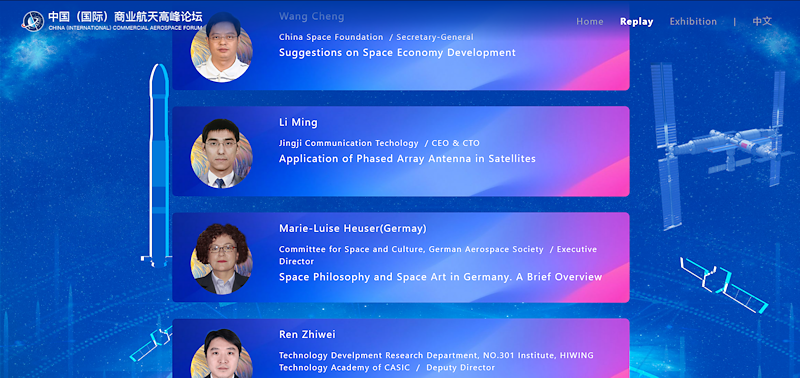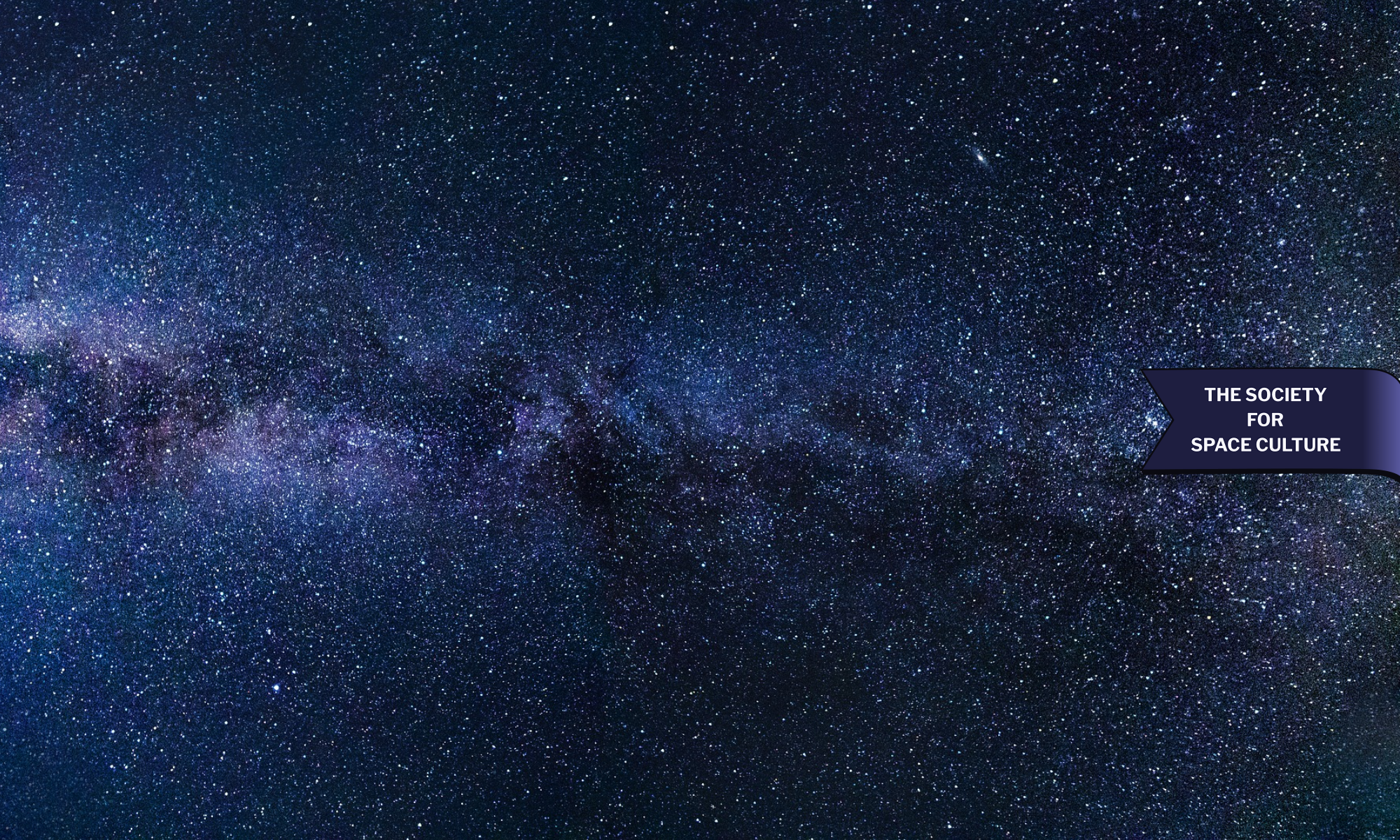A brief overview.
Online-Vortrag von Marie-Luise Heuser beim 7th China International Commercial Aerospace Forum
✶ 26. November 2021, Wuhan

Abstract:
Contemporary philosophy and art in Germany is influenced by phenomenology and fundamental ontology. Both currents of thought are explicitly anti-Copernican and strive for a terrestrial „re-rooting“ of man. In contrast, today’s space travel is based on a long cultural history of space flight „with the wings of the spirit,“ which, beginning with the Copernican turn at the time of the Renaissance, cognitively opened space to humans, creating an unlimited field of possibilities. In art, this new „space revolution“ was expressed in planetary perspectives. In classical German philosophy and Romanticism, this expanded spatial consciousness was combined with an evolutionary perspective. Universal anthropology found expression in the art of Romanticism. The early space pioneers in the 1920s Weimar Republic in Germany were still directly influenced and motivated by this long tradition of thought. In order to counter the widespread new geocentrism in the humanities, a return to the beginnings of spacephilosophical thought and the aesthetic perception associated with it is called for.
